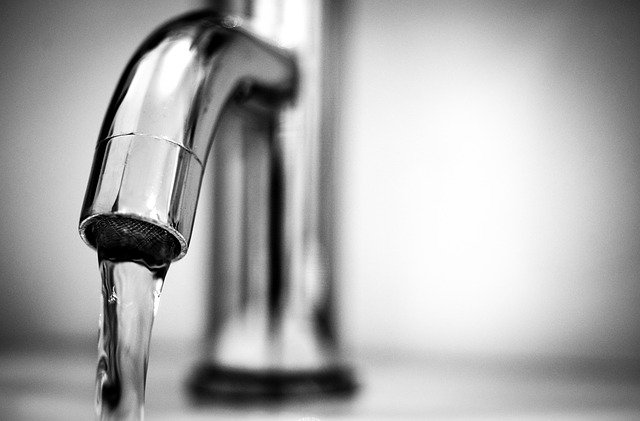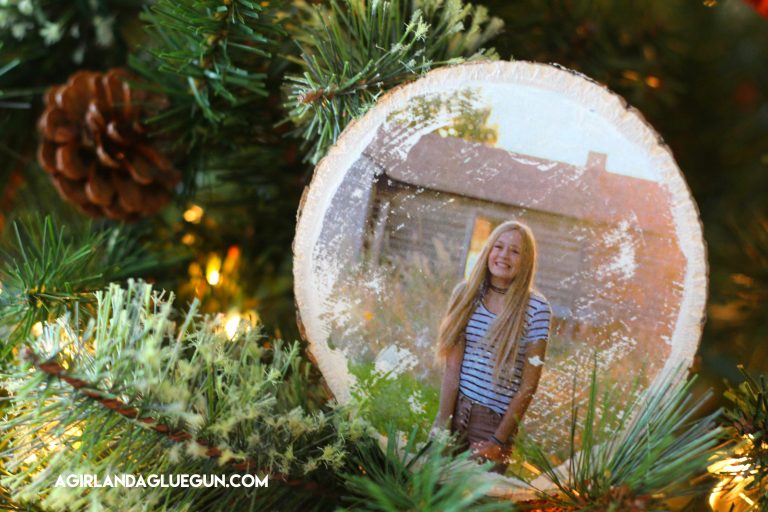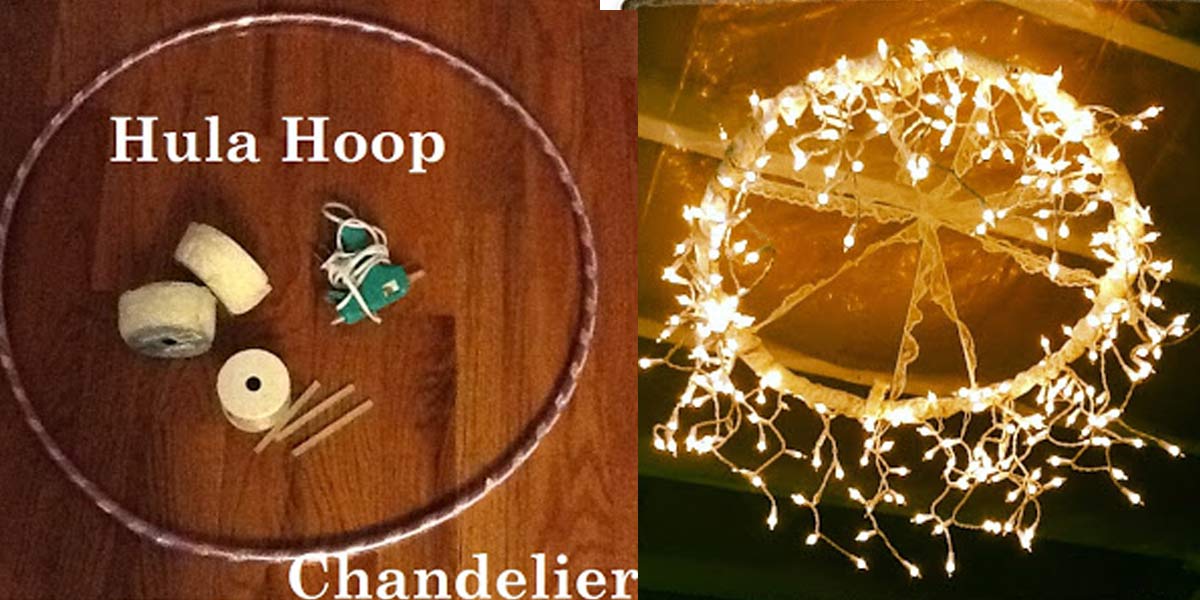The changing seasons will always bring about some pros and some cons. In the winter, the holiday season is something to get excited about with friends and family. It is a time where everyone can huddle indoors and spend some quality time with one another. Yet, winter is also a time of the year that can be challenging on your home’s plumbing.

If your home is not properly prepared for the harsh temperatures, things can become quite difficult. One of the most harrowing situations to experience involves your pipes bursting due to the frigid elements. A burst pipe leads to tricky situations throughout your home. If you don’t act promptly, you may find yourself dealing with a flooded house.
Before the burst pipes overpower your home, it’s best to call in a professional plumber to service your pipes. In addition, you should also take preventive measures to stop pipes from bursting in winter. No matter what time of the year it is, you should always inspect your plumbing system periodically.
Here are six tips to help you avoid bursting pipes in the winter:
1. Water Lines
The water line that is present in your home is one of the most important aspects of the property. It is here that water will drain out onto the ground due to various circumstances. However, if drainage has not yet taken place, it can put your pipes into harmful territory.
It is always recommended to drain your water line as soon as you can, prior to the winter season arriving. If you do not, they are put into a position where they can freeze indefinitely. This is especially true for those who have water lines in unheated locations. Whenever possible, drain the line!
2. Water Taps
Your taps, whether they are in the bathroom or kitchen, can also be a spot worth reviewing in the winter. Pipes usually burst in the winter when water freezes and then expands. If you are not careful, the pipes connected to your taps are subject to this unwanted outcome. One tip that should be followed is leaving a tap slightly on.
Take a look at your cold water tap in the bathtub, for example. If it happens to be extremely cold outside, leave this tap slightly on, as the water will not have a chance to freeze when on. If necessary, conduct this technique on another cold water tap in another room. That will ensure that even the most frigid temperatures do not affect your pipes.
3. Heating Your Home
You should always aim to keep your home heated during the winter season. Whether you are staying in for the night or headed out, heat counteracts frigidness outright. Your pipes will also be well protected by ensuring the home is as warm as possible.
For the most part, the temperature should be kept above twenty degrees Celsius for optimal effect. If there are very cold temperatures incoming, it is best to turn the heat on higher. This may cost a bit more money on your heating bill, but you are always better safe than sorry. You protect yourself, as well as your pipes from bursting!
4. The Doors
There will be a plethora of doors encompassing your entire house, no matter what sort of property you have. When it comes to protecting your pipes from freezing over, some should be closed. For example, always have your garage door closed when not in use. Sometimes, water pipes may be present inside the actual garage.
With respect to your interiors, you should keep your bathroom doors open. This allows heat to circulate with much trouble effectively. The extension of this also protects pipes that are present above. By following this simple trick, you will ensure that your pipes stay in good condition.
5. Insulating Your Pipes
The actual pipes in your home should also be protected. If it hasn’t been done already, one of the best ways to go about this is to insulate them. Check out the unheated parts of your home, and review if they have been insulated. If not, make sure you cover them with the proper shielding.
6. Thawing Frozen Pipes
In some circumstances, you may already have to deal with a pipe that has been frozen. Before they burst, you can take the right action by thawing them out accordingly. Shut off your main water valve, and grab a tool that emits heat. This can come in the form of a hair dryer. Warm the pipes and you will be good to go.






